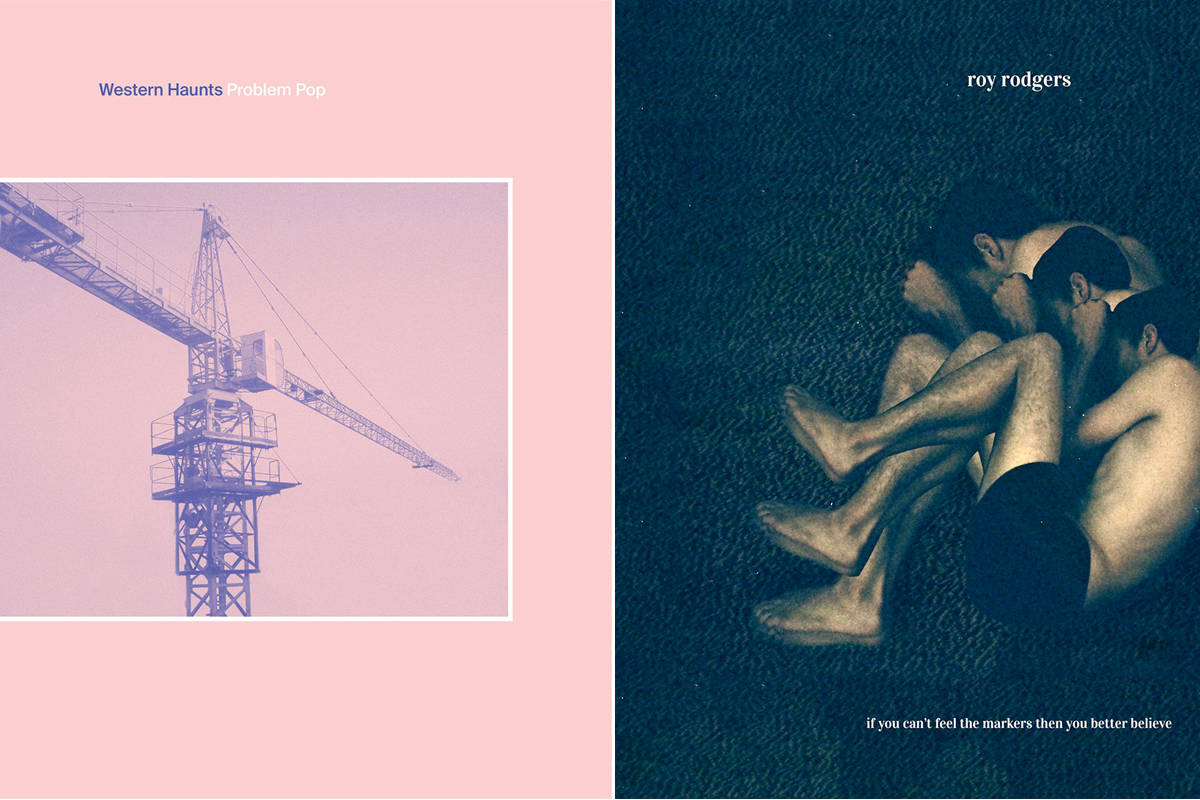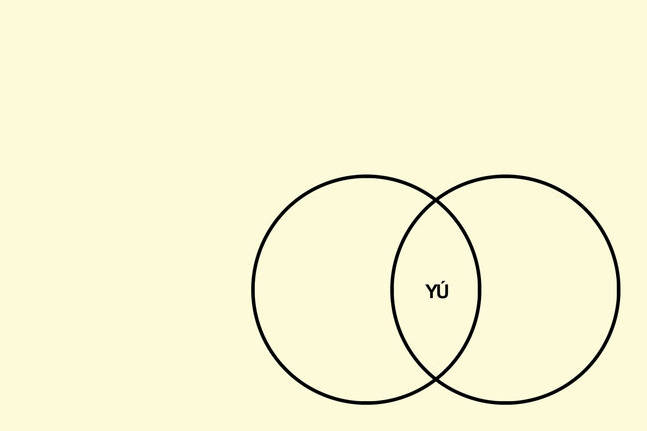Car Seat Headrest’s Will Toledo isn’t a teenager. Though, at 23, he is still able to speak fluently of teenage living and loathing, as he does on his latest full-length, Teens of Denial.
In just a few short words, he captures the core of youth anguish. “I’m so sick of (fill in the blank),” he bemoans on opener “Fill in the Blank” before launching into the chorus, yelling, “You have no right to be depressed/You haven’t tried hard enough to like it.” This push/pull of trying to understand your own emotions while the adult world tells you you’re exaggerating is the essence of life for many teens.
The follow-up to last year’s Teens of Style—a compilation of songs he wrote as a teen (mostly), then re-recorded with a full band—Teens of Denial is a proper studio recording that sees Toledo leaving behind the lo-fi aesthetics that made him Bandcamp famous. As a result, the instrumentation sounds sleeker than it did on the previous album, and, more important, Denial allows listeners to hear Toledo’s brilliant lyricism clearly, confirming that this is a bona fide “voice of a generation” in the making.
The record is self-referential, sharp-witted, and full of excessively long tracks. Toledo guides us through various drug trips with the self-deprecating “(Joe Gets Kicked Out of School for Using) Drugs With Friends (But Says This Isn’t a Problem),” in which his protagonist talks about feeling like a “walking piece of shit in a stupid-looking jacket” and sees Jesus. But it’s on the sizzling “Destroyed by Hippie Powers” that he really finds his voice as a rallying call. On the bridge, he wails, “What happened to that chubby little kid who smiled so much and loved the Beach Boys?” Then the kicker: “What happened is I killed that fucker and I took his name and I got new glasses.”
Teen years are romanticized in coming-of-age movies like The Fault in Our Stars or post-apocalyptic allegories for high school like Divergent and The Maze Runner, but Toledo tells it like it really is. This is a time when innocence is lost and children start to feel like shitty people. That never goes away. Teenage angst never goes away, either; we just come up with new names for it. It’s a lesson Toledo is learning on Denial, symbolically represented on the epic “The Ballad of Costa Concordia,” where he slips in a verse from Dido’s adult-contemporary hit “White Flag”: “I have lost and always will be,” Toledo sings. In this context, Dido’s words are just as relevant for teens as for middle-aged adults dealing with relationship drama.
The album is full of these harsh truths, brilliantly displayed with brash guitar riffs and monotone vocals. Call it a throwback to ’90s college rock if you want, or look at yourself and wonder, “Whatever happened to that whiny little teen who groaned so much and loved Pavement?” It never ends, but Toledo’s music can help us embrace our own flaws and angst. ■
music@seattleweekly.com








